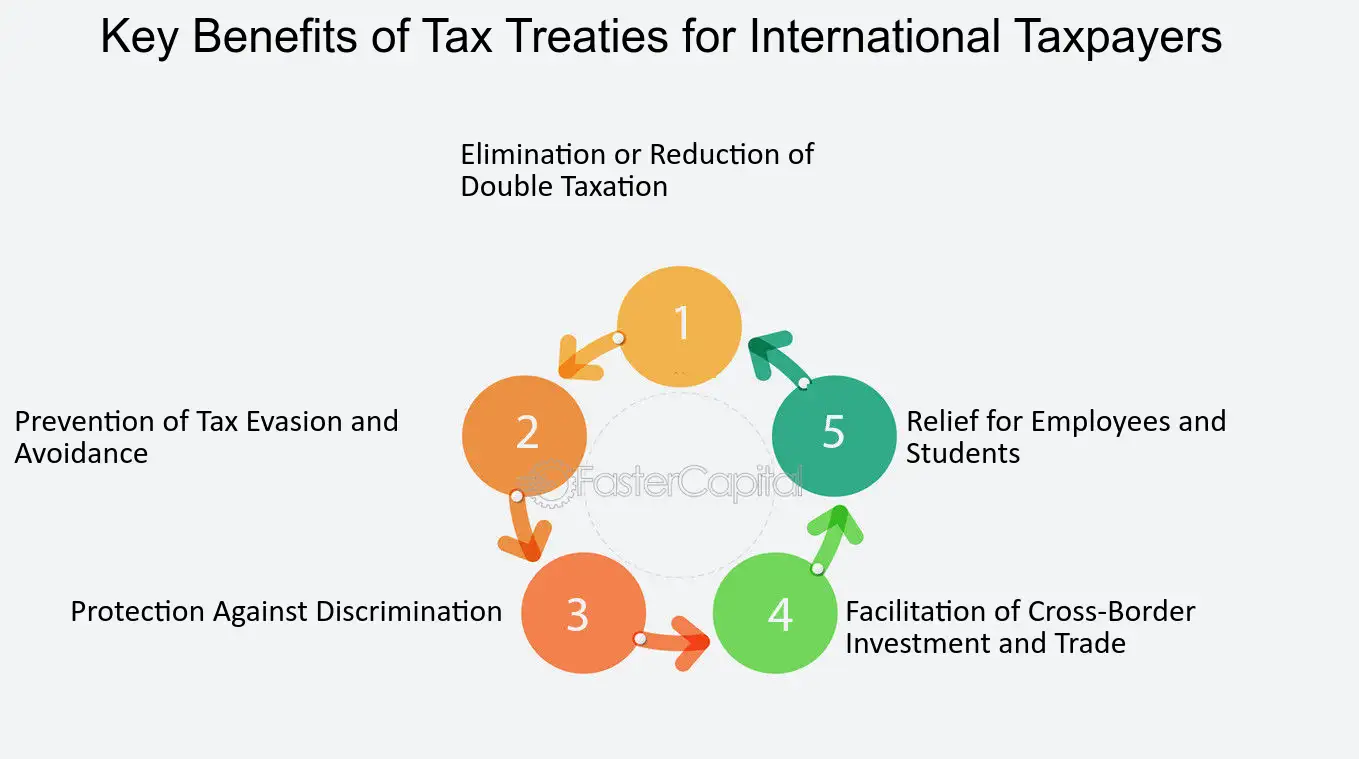The global economy is increasingly interconnected, with investors from the European Union (EU) seeking opportunities beyond their borders. This expansion, however, is fraught with complexities, including the challenge of navigating different tax regimes. Tax treaties play a pivotal role in this landscape, offering protections and encouraging cross–border investments. This article explores how tax treaties safeguard EU investors overseas and analyzes the global protections available to them, highlighting the significance of these agreements in fostering international economic relations.
How Tax Treaties Safeguard EU Overseas Investments
Tax treaties are crucial in mitigating the risk of double taxation for EU investors, which occurs when the same income is taxed in both the investor’s home country and the foreign country where the investment is made. These treaties establish clear guidelines on which country has the taxing rights, thereby preventing double taxation and facilitating smoother international transactions. By defining the tax obligations of both parties, these agreements provide EU investors with a level of certainty and predictability that is essential for making informed investment decisions abroad.
Moreover, tax treaties often include provisions that reduce withholding taxes on cross-border income such as dividends, interest, and royalties. These reductions make it more financially viable for EU investors to engage in international ventures by lowering the overall tax burden. For instance, a reduced withholding tax rate on dividends paid from a subsidiary in a foreign country to its EU parent company can significantly enhance the attractiveness of the investment. Such provisions ensure that EU investors are not deterred by excessive taxation and can enjoy the full benefits of their overseas investments.
Another critical aspect of tax treaties is their role in establishing mutual agreements for resolving tax disputes. These mechanisms provide EU investors with a formal process to address issues that may arise from differing interpretations of tax laws between countries. By offering a platform for negotiation and resolution, tax treaties help maintain harmonious economic relations and protect the interests of EU investors. This ability to resolve disputes amicably is a cornerstone of the confidence that investors require when venturing into foreign markets.
Analyzing Global Protections for EU Investors
Globally, the protection of EU investors is further enhanced by the network of bilateral and multilateral treaties that extend beyond tax agreements. Investment protection treaties, for example, offer additional safeguards such as fair and equitable treatment, protection against expropriation, and the right to transfer capital freely. These treaties complement tax agreements by providing a comprehensive framework that addresses a broader spectrum of investment-related concerns. Together, they create a robust safety net that encourages EU investors to explore opportunities in diverse markets.
The role of international organizations and initiatives cannot be overlooked in the context of protecting EU investors. Bodies such as the Organisation for Economic Co-operation and Development (OECD) and the United Nations Conference on Trade and Development (UNCTAD) work towards establishing global standards and best practices for international investments. These organizations facilitate the development of model treaties and guidelines that serve as benchmarks for bilateral agreements, thus promoting consistency and fairness in the treatment of EU investors worldwide.
Despite the extensive protections offered by tax treaties and related agreements, EU investors must remain vigilant to the evolving global landscape. Changes in national tax policies, shifts in geopolitical relations, and emerging economic trends can all impact the effectiveness of existing treaties. Continuous monitoring and active engagement in international forums are essential for ensuring that the protections remain relevant and robust. As the global economy evolves, so too must the strategies employed by EU investors to safeguard their interests overseas.
Tax treaties are indispensable tools for EU investors seeking to navigate the complexities of international taxation and investment. By preventing double taxation, reducing withholding taxes, and providing mechanisms for dispute resolution, these agreements offer significant protections that enhance the viability of overseas investments. Coupled with global initiatives and investment protection treaties, the framework for safeguarding EU investors is both comprehensive and dynamic. As the global economic landscape continues to shift, the importance of these treaties in fostering secure and mutually beneficial international investments remains paramount.
